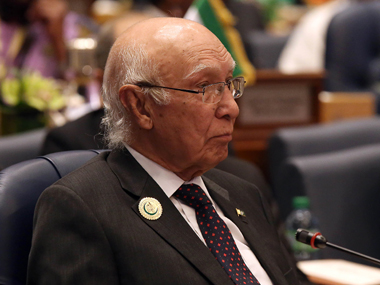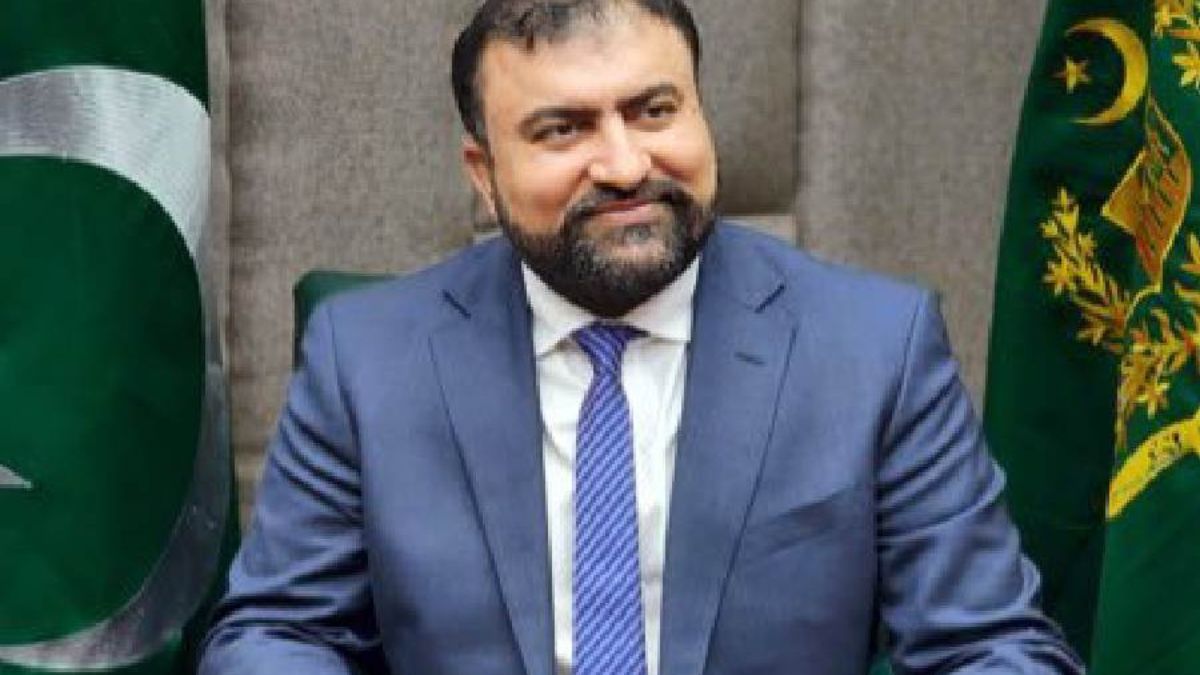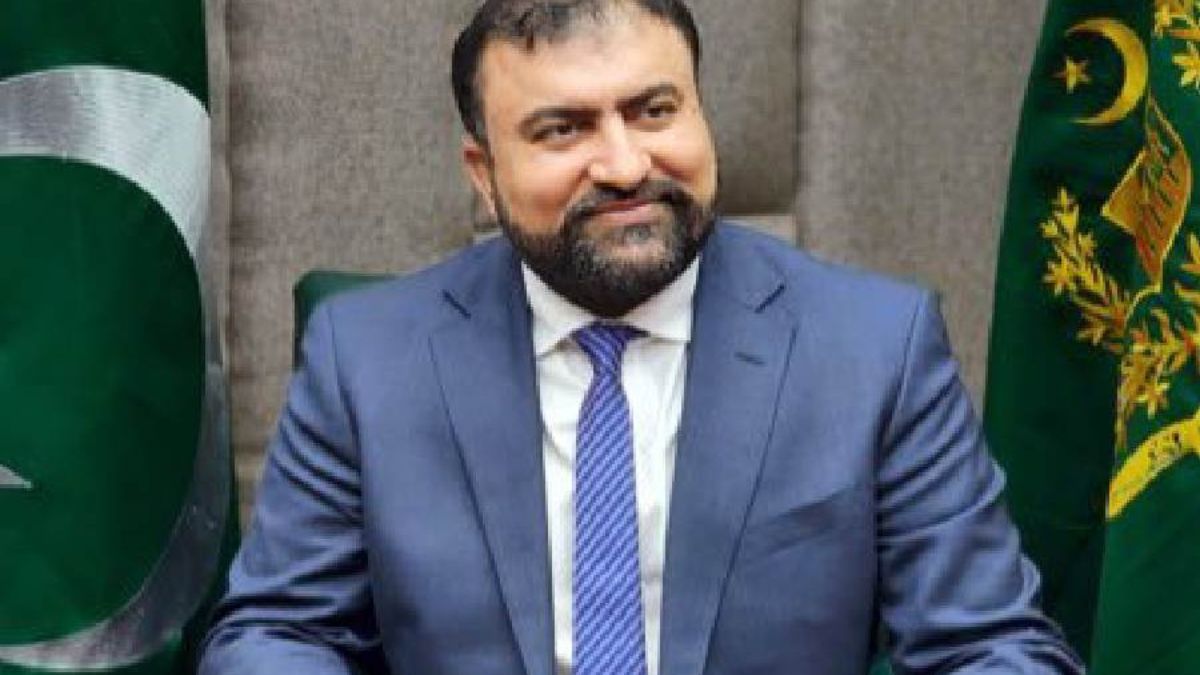Pakistan National Security Advisor Sartaj Aziz has acted in keeping with his position by reminding India that Pakistan is a nuclear power. He seems to have very responsibly tried to convey to India what his country’s so called “non-state actors” have instructed him to do to protect Pakistan.
Pakistan rulers have been, for years, nurturing their terror establishment with the sole objective of ‘bleeding India with a thousand cuts’ and projecting to the naïve Pakistani people, this sponsorship of terrorism as a compulsion to safeguard the country’s interests from India, which, in their view is working to annihilate Pakistan.
What followed the Ufa optimism was in no way surprising given Pakistan’s behavioral history. More often than not, the world has seen Pakistan acting in this manner. After every important development, like the one we saw in Ufa, with rays of hope emerging of a possible dialogue between India and Pakistan, the latter has gone out of its way to sabotage and neutralize the efforts made and gains that seemed to accrue, by coming up with certain proposals that would ensure derailment of the process.
In the recently aborted NSA talks and as has happened in 2014, Pakistan insisting on talks with the Kashmiri separatists was the genesis of the disagreement and the ultimate reason for cancellation of the proposed talks.
While there is a section of observers who ask what is wrong in allowing Pakistan to talk to the separatists, there are others who question the legitimacy of the separatists in engaging in any kind of talks with Pakistan when India believes that Kashmir is its integral part and the parts occupied by Pakistan too are legally India’s.
One needs to ask how Pakistan would feel if a visiting Indian dignitary on an official visit to Pakistan has a separate meeting with those who are spearheading insurgency movement in Balochistan. Pakistan has been concocting stories of Indian involvement in Balochistan producing not a single strand of evidence to that effect. On the contrary, it considers its meeting with Kashmiri separatists a non-issue.
Let us come back where we started – to Sartaj Aziz delivering a veiled threat to India commenting that “Modi’s India acts as if they are a regional superpower. We are a nuclear country and we know how to defend ourselves”.
Seems like you have heard a similar dialogue somewhere? Absolutely! We have heard non-state actors of Pakistan ranting in a similar tone with Hafiz Saeed, the first citizen of Pakistan taking the lead in all such matters involving jingoism. So, what Sartaj Aziz growled is something that his master’s voice (read Hafiz Saeed) has been howling from treetops. The world would do good to identify this synchronization which amply suggests as to who is the boss in Pakistan.
While this nuclear rhetoric by state as well as non-state actors could easily be brushed aside as mere gimmick, officials at the highest levels in the US administration do not see it to be so and do share some concern primarily emanating from the conduct of the Pakistani establishment.
There are reports emerging that Pakistan has been secretly modifying missiles provided by the US, which is in contravention of the U.S. Arms Control Export Act. The full report entitled Pakistan’s Threat Perceptions by leading American thin tank CSIS, can be accessed here .
According to the report, Pakistan has altered Harpoon anti-ship missiles. Around 165 of these were sold to Pakistan as defensive weapons during the Soviet War in Afghanistan. These modifications were detected by US Intelligence during an unannounced missile test conducted by Pakistan.
No prizes for guessing who the intended targets of these missiles are. However, Pakistanis have denied the Harpoon origin of the missiles claiming that these were indigenously developed.
Western experts have cried themselves hoarse for years over the nuclear shouts of Pakistan as they believe, contrary to Pakistan’s claim, that nuclear safety in Pakistan is doubtful. This concern does attain credence when one takes into account the influence terrorists like Hafiz Saeed command in the Pakistani society and protection the establishment offers to characters like him.
Another valid reason for worry is the location of the nuclear arsenal of Pakistan. While the nuclear facilities were deliberately established in the Western and Northern regions of Pakistan for fear of an Indian invasion, their very location there now poses a grave threat to the safety of these facilities as the area is, in the present days, populated with Pakistani Taliban and Al Qaeda.
The concerns attain an amplified proposition when we see boastful rhetoric by no less than a government representative like the National Security Advisor of Pakistan over their nuclear capabilities and an Army General claiming that Pakistan could launch a nuclear strike on India within eight seconds.
While being the closest neighbour to Pakistan, India has all the reasons to be worried given the failing, if not failed, state of the country, it is a ripe occasion for the world to take note of the global disaster that the terrorist elements in Pakistan can inflict with such an easy access to nuclear facilities that Pakistan provides.


)




)
)
)
)
)
)
)
)